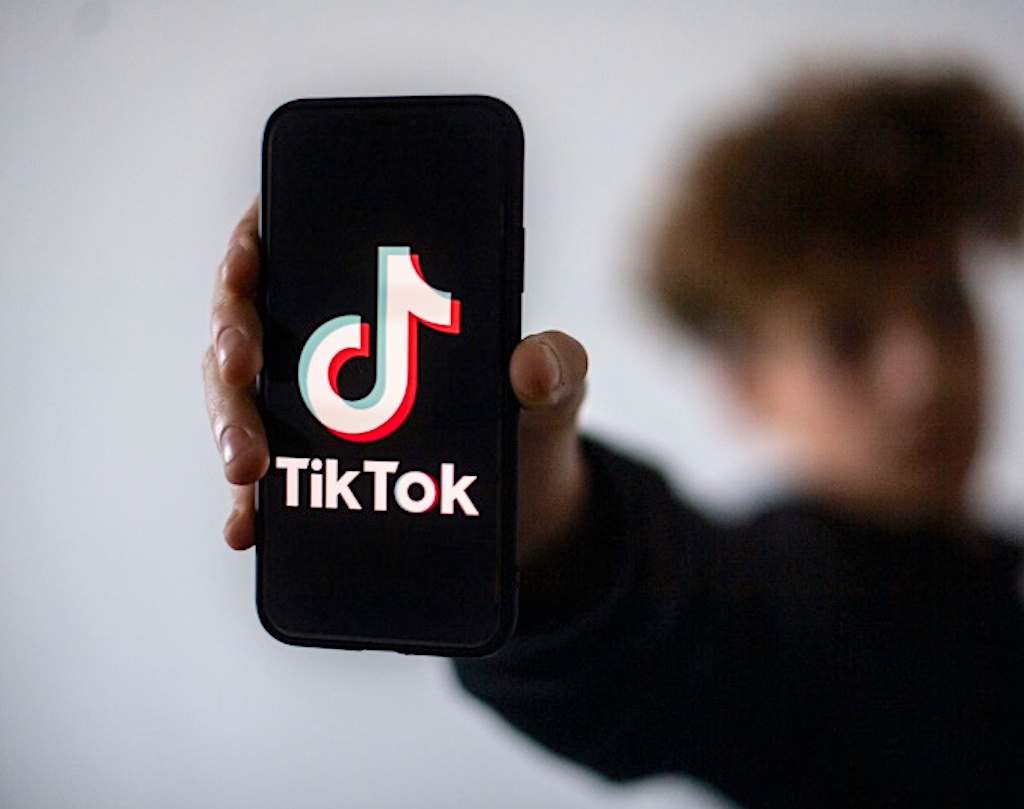SOCIAL
Cops and Chechens: TikTok duo become unlikely stars

Image: – © AFP Kazuhiro NOGI
Blaise GAUQUELIN
Middle-aged Austrian police officer Uwe and hip young Chechen social worker Ahmad may look like an unlikely duo, but their TikTok videos have become a huge hit in Austria.
For years the Vienna police have been mulling over ways to reach out to the city’s large community of Chechen exiles to break down stereotypes on both sides and improve dialogue.
Young Chechens feel targeted by the police, and say they are unfairly associated with crime and religious extremism in the media.
It didn’t help that in 2021 Austrian police officers were convicted of beating a Chechen after being caught on security cameras.
It was at a meeting last year between police and Chechens to discuss ways forward, that Ahmad suggested doing Q&A-style video clips about Austrian laws and rules and regulations.
“I had a lot of problems with the police,” said the 23-year-old, who left the troubled Caucasus republic as a small child.
“But I had no one I could ask what I was allowed to do and what I wasn’t — or even where I could get legal advice.
“When I went to the police station to ask something, I was often insulted by the officers,” he told AFP.
Listening to him that day at the meeting was Uwe, the 59-year-old neighbourhood police officer who would become the other half of their double act.
– ‘People want selfies with me’ –
Since November, the duo dubbed “Cop and Che”, have been shooting short clips addressing a wide variety of issues from drugs to “What happens if I don’t have my papers?” or “What am I risking by doing graffiti?”
But it was their video on the legalities of using firecrackers at New Year that literally rocketed them to success.
So far, their videos, filmed with a mobile phone at a shopping mall in Vienna, have been viewed over 2.6 million times — a huge audience in a country of nine million people.
Even teachers use the clips — which often tap into humour to get their point across — in schools.
“For us, maintaining a dialogue is one of the most important things” when it comes to integration, said Uwe.
The grey-haired police officer often enlists Ahmad’s help to decipher the expressions and emojis used by teenagers in their comments below their videos.
For the project to take off, “the police had to agree to hear our criticism so that we could work on a basis of mutual trust,” said Ahmad.
To build bridges, especially with young Chechens, the police initially proposed football matches and chess games.
“If you want to reach out to young people, that’s not going to work,” said Ahmad.
Yet, neither “Cop” nor “Che” could have guessed that the videos would take on a life of their own, reaching not only Austria’s 35,000 Chechens but also other youngsters who would never dare to ask police questions in real life.
“Young people recognise me and want to take selfies with me,” said Uwe, who has never tasted fame before in his 40-year career.
Ahmad, however, has been feeling the downside of their success as well as the good, with some accusing him of siding with the police.
“But I don’t care, I do what I want,” he said.

















